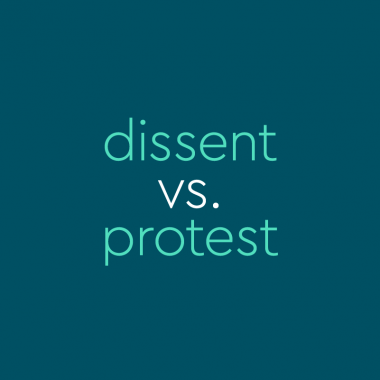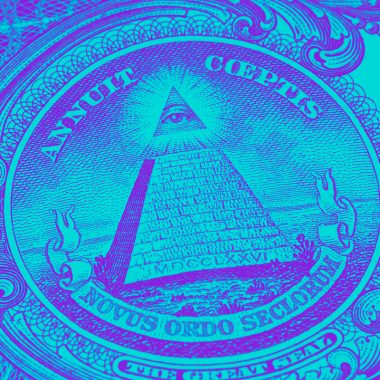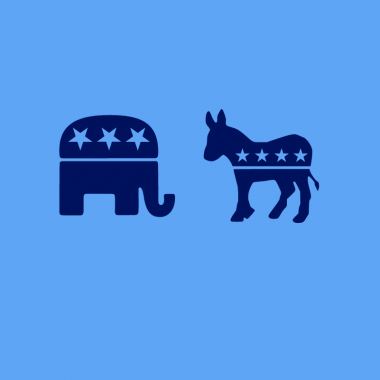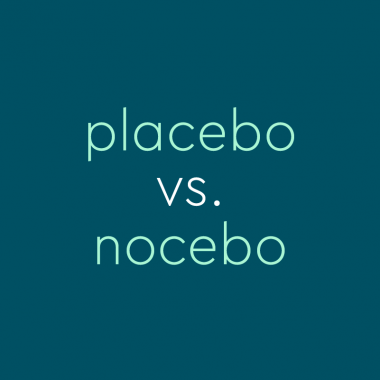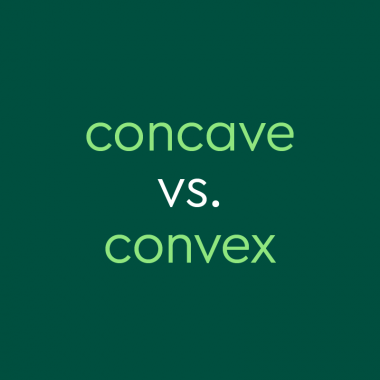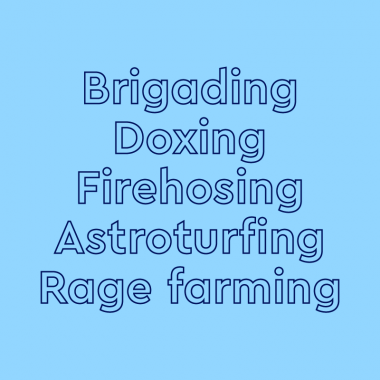“Dissent” vs. “Protest”: Why Choosing The Right Word Matters
Demonstrations against racism and police brutality have put the words dissent and protest at the center of our vocabulary this year. Dictionary.com has seen a surge of interest in these words, which speak to their relevance to our current times. The death of George Floyd—a Black man who was killed after a white police officer, Derek Chauvin, kneeled on his neck for nearly nine minutes—has inspired worldwide protests that continue …
